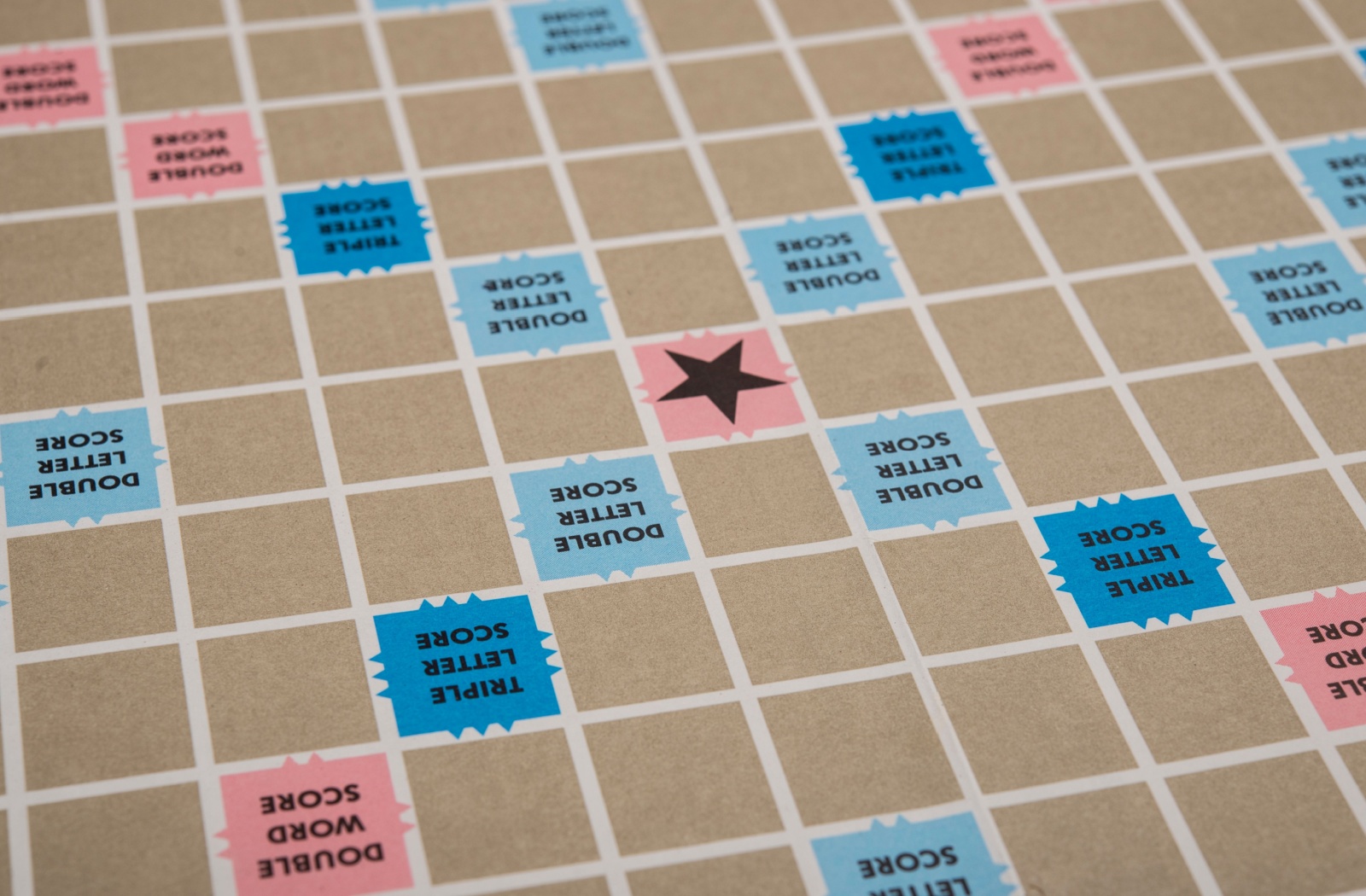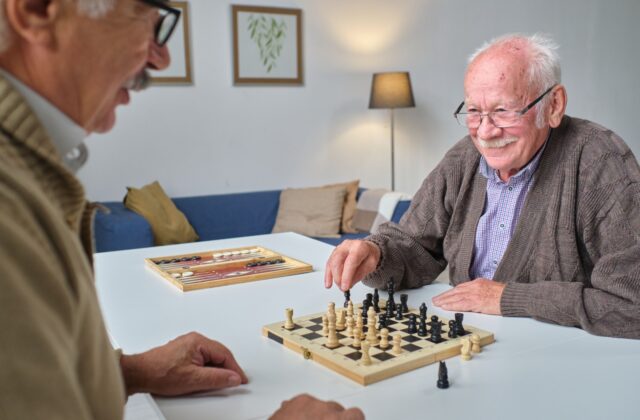There’s a sweet nostalgia attached to rolling dice, the sliding of playing cards, and the laughter of victory or defeat around a table of board games. Whether loved ones live alone or in senior communities, board games provide a leisurely activity for older adults.
Playing board games may seem an ordinary pastime, but time around the table holds real benefits, especially for older adults. These benefits can include:
- Cognitive stimulation
- Emotional well-being
- Social interaction
- Physical health
- Sense of accomplishment
5 Benefits of Board Games for Seniors
In our modern time, with the hustle and bustle of daily life, the notion of play is often left to childhood memories or occasional visits with friends. For older adults, however, rediscovering the joy of playing board games can positively affect their overall well-being.
-
Cognitive Stimulation
Engaging in regular board games acts as a workout for the mind. Traditional board games like chess and Scrabble help protect against dementia and cognitive decline and improve cognitive impairment and depression by enhancing logical thinking.
-
Emotional Well-Being
Board games also play a significant role in emotional health. Because board games are leisurely activities, they provide a structured yet enjoyable routine as a form of stress management. Board games can reduce stress levels and lift moods. Whether it’s feeling good at a win or the shared joy in playing, these moments of light-hearted fun can relieve stress.
-
Social Interaction
One of the most valuable aspects of board games is their capacity to connect people. Older adults, particularly those living alone, are more vulnerable to social isolation and loneliness.
Games offer a platform for interaction and enhance older adults’ social networks, helping to foster new connections and maintain old ones. Board games with multiplayer can create a space for shared experiences and the building of lasting memories.
-
Physical Health
Physical health may not be the common association with board games, but playing enlarged versions of classic board games does provide its own benefits, such as keeping older adults mobile and physically active. For traditional board games, the fine motor skills required for moving pieces and the dexterity of handling cards can offer a gentle workout that keeps joints flexible and movements coordinated.
-
Sense of Accomplishment
At the heart of every game lies the thrill of competition and the desire to win. For older adults, this sense of accomplishment can be fulfilling. Completing a game provides a tangible moment of satisfaction, boosting self-esteem and giving a sense of achievement that’s valuable at any age.
Types of Board Games for Seniors
 When selecting board games for older adults, there are plenty of options to choose from that cater to various interests and abilities. It’s important to consider board games that offer a balance of challenge and fun, are easy to understand, are visual and tactile, can be played with multiple players, and within a reasonable timespan.
When selecting board games for older adults, there are plenty of options to choose from that cater to various interests and abilities. It’s important to consider board games that offer a balance of challenge and fun, are easy to understand, are visual and tactile, can be played with multiple players, and within a reasonable timespan.
Also, consider the physical abilities of older adults when choosing games. Games that involve fine motor skills, including moving small game pieces or shuffling cards, may not be suitable for those with limited dexterity. Below are some beloved options that tick these boxes:
- Chess or checkers: These classic board games are ideal for mental engagement and strategic thinking.
- Scrabble: A favorite for word enthusiasts and score builders.
- Rummikub: A number puzzle that’s a great mental workout without it being overly challenging.
- Dominoes: A rewarding tactile game that still requires thought and offers satisfying combinations.
- Jigsaw puzzles: While not a board game in the traditional sense, jigsaw puzzles can be worked on independently or with a group over an extended time period and come in a range of difficulty levels to suit different preferences and abilities.
Getting Started
The best board games to play with seniors are those that align with their interests. Encourage them to take the lead in choosing the game and making decisions during play. Perhaps they enjoy playing games of chess in the park with their friends, or maybe they’re an excellent wordsmith in Scrabble. There are countless options out there that are fun for all ages and abilities, that not only provide valuable entertainment, but also support mental sharpness and memory retention.
Supporting Older Adults Health & Wellbeing
Playing board games, including each roll of the dice or turn of a card, lets older adults not only partake in a delightful activity but provides a wealth of benefits. The joy and shared moments that come from playing board games are priceless. They’re more than just a hobby; they protect cognitive function, strengthen social bonds, and enhance physical and emotional health.
If you’re looking for a vibrant community, complete with resident-led games and a host of other on-site activities, book a tour of The Neighborhood in Rio Rancho to learn more about how we support older adults.


